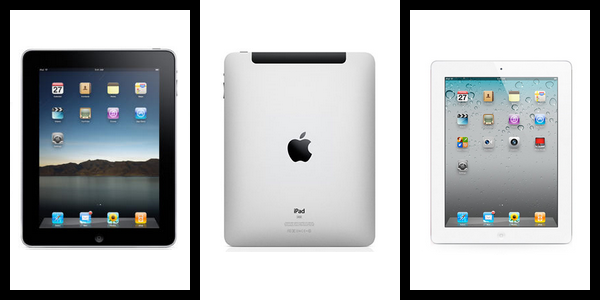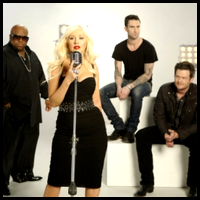
Make your predictions now, techies. How long until laptops are completely phased out by tablet PCs?
It might be way too early to claim all laptops are obsolete, but there is certainly an expanding market for tablet computers in recent times. According to the Olswang Convergence Survey 2011, around 5% of Americans own a tablet computer of some kind. The increased usage and demand for this product is generated by the iPad launch in 2010 (and in typical Apple fashion, they released the enhanced iPad 2 model just one year later). Not to be outperformed by the big almighty Apple company, a total of 14 different brands of tablet PCs were released during 2011, while at least 6 more brands will join the market within the upcoming months.
By the economic laws of supply and demand, there has to be a sizable amount of consumer demand to correspond with the upsurge in supply. This article will explore the pros and cons of tablet PCs in contrast to desktops and laptop computers. There will also be an in-depth price and brand comparison between the many models that have been recently released. Which tablet PC is right for you?







